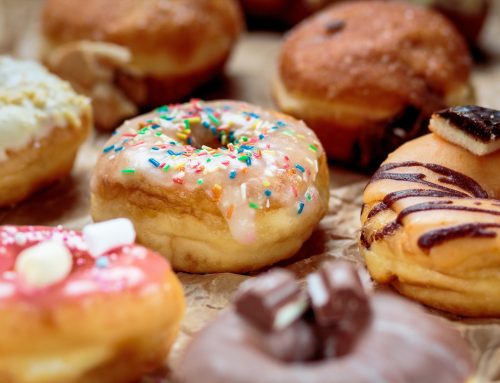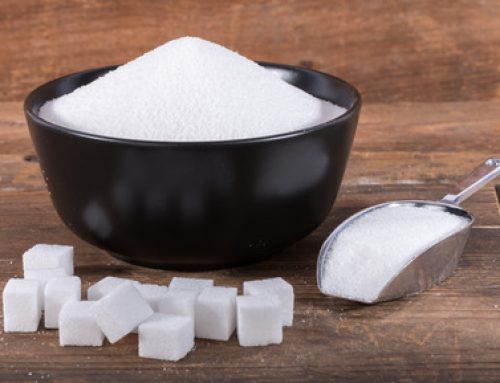Does coffee count for water intake? This is a question many of my clients ask me as I try to encourage them to increase their fluid intake.
Coffee is one of the most popular beverages in the world. A major reason why people drink coffee is for its caffeine, a psychoactive substance that helps you stay alert and aids performance.
However, caffeine can be dehydrating, which may make you wonder whether drinking coffee hydrates or dehydrates you.
Caffeine and Hydration
A key reason why people drink coffee is to get their daily dose of caffeine. Caffeine is the most consumed psychoactive substance in the world. It may help boost your mood and elevate your mental and physical performance.
Inside your body, caffeine passes through the gut and into the bloodstream. Eventually, it reaches your liver, where it’s broken down into several compounds that affect how organs like your brain function.
Though caffeine is mainly known for its effects on the brain, research has shown that it may have a diuretic effect on the kidneys — especially in high doses.
Diuretics are substances that cause your body to make more urine than usual. Caffeine may do so by increasing blood flow to your kidneys, which spurs them to release more water through urine.
By encouraging urination, compounds with diuretic properties like caffeine may affect your hydration status.
Caffeine Content in Different Types of Coffee
Different types of coffee contain different amounts of caffeine. As a result, they may affect your hydration status differently.
Brewed coffee
- An 8-ounce (240-ml) cup of brewed coffee contains 70–140 mg of caffeine, or around 95 mg on average.
Instant coffee
- Instant coffee has less caffeine than regular coffee, with 30–90 mg per 8-ounce (240-ml) cup.
Espresso
- One shot (1–1.75 ounces or 30–50 ml) of espresso packs around 63 mg of caffeine.
Decaf coffee
- One 8-ounce (240-ml) cup of decaf contains 0–7 mg of caffeine, or around 3 mg on average.
Does Coffee Count for Water Intake?
In answering the question of does coffee count for water intake, what is important is whether it is not whether it operates as a diuretic, but whether it is likely to dehydrate you.
Though the caffeine in coffee may have a diuretic effect, it’s unlikely to dehydrate you.
For caffeine to have a significant diuretic effect, studies show that you need to consume more than 500 mg per day — or the equivalent of 5 cups (40 ounces or 1.2 liters) of brewed coffee.
A study in 10 casual coffee drinkers reviewed the impact of drinking 6.8 ounces (200 ml) of water, lower caffeine coffee (269 mg of caffeine), and high caffeine coffee (537 mg of caffeine) on signs of dehydration.
Researchers observed that drinking the higher caffeine coffee had a short-term diuretic effect, whereas the lower caffeine coffee and water were both hydrating.
In addition, other studies show that moderate coffee intake is as hydrating as drinking water.
For example, a study in 50 heavy coffee drinkers noted that drinking 26.5 ounces (800 ml) of coffee daily for 3 days was equally as hydrating as drinking the same amount of water.
Also, an analysis of 16 studies discovered that taking 300 mg of caffeine in a single sitting — equivalent to 3 cups (710 ml) of brewed coffee — increased urine production by only 3.7 ounces (109 ml), compared with drinking the same amount of non-caffeinated beverages.
So, even when coffee makes you urinate more, it shouldn’t dehydrate you — as you don’t lose as much fluid as you originally drank.
Coffee contains caffeine, a diuretic compound that can increase urination frequency.
That said, it takes drinking large amounts, such as 5 cups of brewed coffee or more at once, for it to have a significant dehydrating effect.
Instead, drinking a cup of coffee here or there is hydrating and can help you reach your daily fluid needs.
Click here to read full article on the question of does coffee count for water intake.







